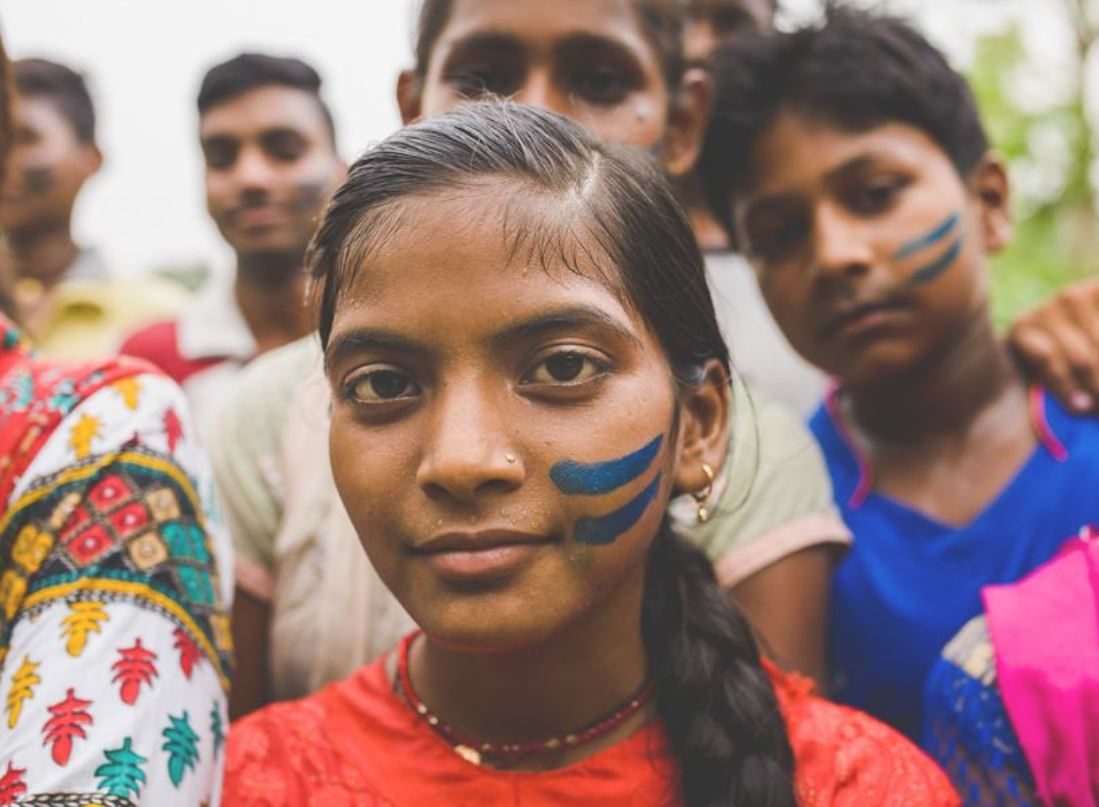Girls remain one of the most discriminated groups around the world, in all areas of their lives. It is estimated that 130 million girls are not in school. As many as 41,000 girls are forced into marriage every day. Half of all sexual assaults are committed against girls below the age of 16. These violations of girls and young women’s rights, fueled by discriminatory social and gender norms, attitudes and behaviours, have a huge impact on their futures.
We know that investing in girls does not only supports their fundamental right to equality, it can also transform the lives of entire communities and countries. This is the reason why gender equality cuts across all the UN Sustainable Development Goals (SDGs); it is also the reason why Plan International considers that gender should have a bigger place in EU external policy and practice. As Plan International EU Hub, we advocate for greater investments for the realisation of girls’ and young women’s rights and their empowerment throughout the EU external actions, in both the development and humanitarian contexts.

As the largest development and humanitarian aid donor in the world, the EU is well-positioned to make a change in girls’ and young women’s lives. As it is currently negotiating its next budget (the Multi-annual Financial Framework, or the MFF), the EU must ensure that it meets its commitments to sustainable development, to the principle of leaving no one behind while focusing on the hardest to reach first, in particular girls.
By adopting the European Consensus on Development and the Gender Action Plan (GAP II), the EU has created a policy framework that encourages investments in children and young people and for gender equality. For example, in the European Consensus on Development, the EU has committed to allocate at least 20% of its Official Development Assistance (ODA) to social inclusion and human development. Health and education, which fall under human development, are particularly important for girls and young women as they are often excluded from these services. In addition, in the Gender Action Plan, the EU set a clear target for itself: 85% of programmes should have gender equality as a principal or significant objective by 2020.
These commitments should be reflected in the next budget in binding language, to ensure girls and young women will be supported in reaching their full potential.
OUR MAIN RECOMMENDATIONS TO THE EUROPEAN UNION
- Increase development funding levels with a clear and strong focus on poverty reduction and sustainable development;
- Integrate girls’ and women’s rights and address gender equality;
- Include objectives dedicated to children and youth as agents of change within external instruments;
- Spend 20% of ODA on social inclusion and human development, including health and education.